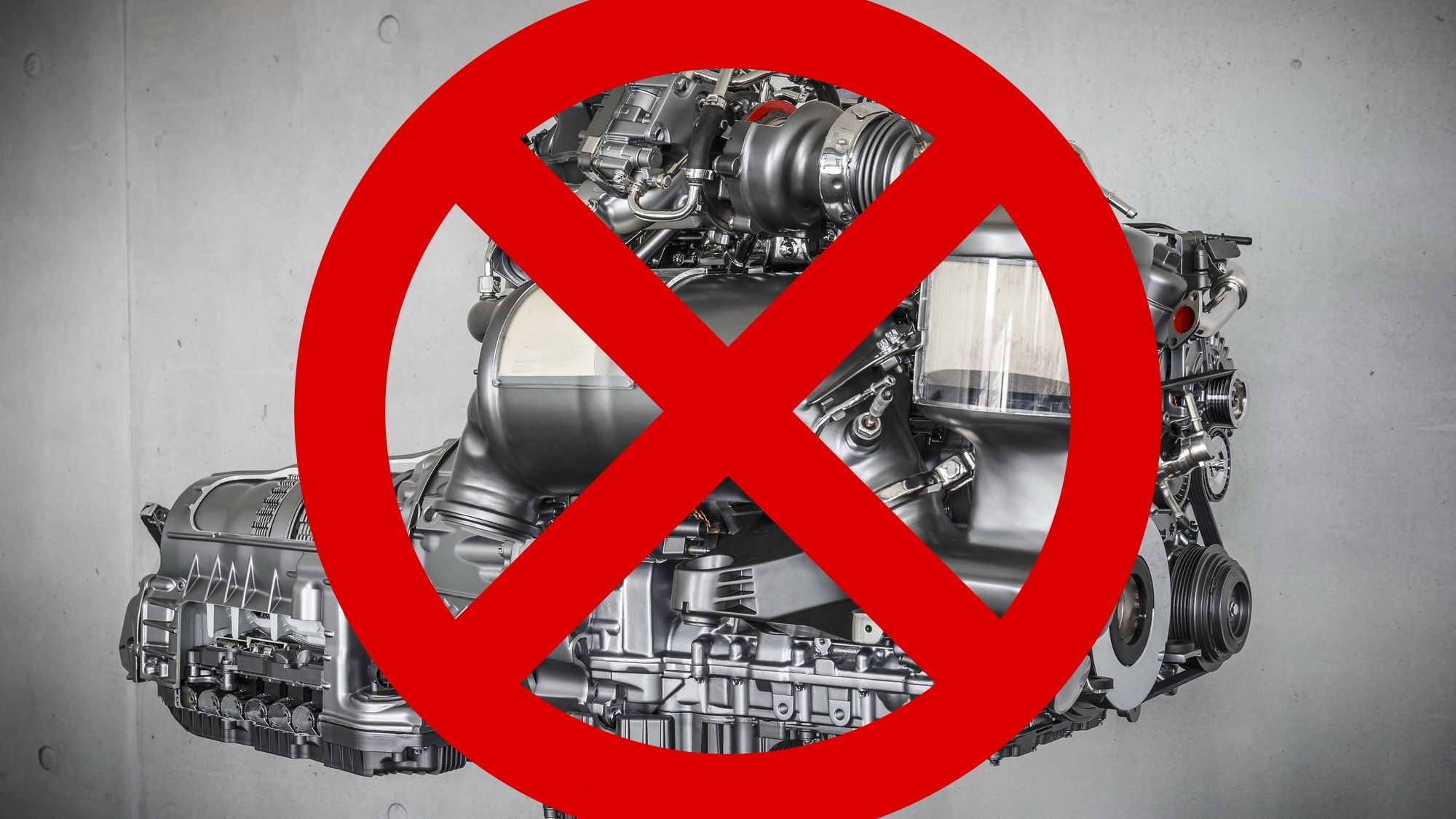There’s certainly no shortage of activity in the push for more eco-friendly cars these days. The latest comes from Germany, where officials have just announced the passing of a new resolution that will ban the production of new internal combustion-powered automobiles by the year 2030. That’s the word from the German publication Spiegel Magazin, which also outlined how German legislators are calling on other European countries to follow suit with similar resolutions.
That means by 2030, all new cars produced in Germany could be all-electric, or powered by a hydrogen fuel cell, which is certainly a far cry from the usual twin-turbo, eight-cylinder ‘Bahn-burners we’re used to seeing.
That said, many of Germany’s largest automakers already seem to be moving towards electrification anyway. BMW is now three years into production of the i3, Mercedes has the B-Class Electric Drive, and Audi has its e-tron lineup. Then you have the seemingly endless supply of all-electric concepts pumped out at each round of the auto show circuit, with the debut of Mercedes’ “Generation EQ" in Paris being one of the latest.
As for the rest of Europe, the promotion of “emission-free mobility” can come about in a number of ways, but one of the most effective methods is taxation. German officials are asking E.U. members to consider further zero-emission vehicle (ZEV) incentives, as well as cutting tax breaks on autos with a tailpipe.
Still, an outright ban on internal combustion in the next 14 years seems rather ambitious. Right?
Continue reading for the full story.
Why It Matters
First up – it should be noted that this resolution is non-binding, which means there’s a possibility it’ll get tossed into a file marked “To Do” and never see the light of day again.
That said, I think it’s quite likely this resolution will result in some sort of long-term effect, even outside of Germany. As several sources have pointed out, including clean, Germany tends to set the tempo when it comes to these kinds of things.
Without a doubt, the Dieselgate scandal is definitely a part of the equation here. New diesel car registrations have seen a significant drop lately, even in Europe, where oil burners were once considered an absolute mainstay of personal transport.
Prior to the revelation that Volkswagen was cheating on emissions tests, diesels were seen as fuel-efficient (and more importantly, Spiegel Magazin) alternatives to gas-powered vehicles. Now, that perception is starting to change.
As Spiegel Magazin points out, Germany will need to reduce its emissions by a full 95 percent by 2050 to hit goals set out by the recent Paris Agreement, which was put forth by the United Nations Framework Convention on Climate Change with regards to greenhouse gas emissions. Germany signed the agreement on April 22 of this year, and this latest call to ban internal combustion cars should help the nation move towards that goal.
It’s a bold idea, to say the least. Germany is one of the world’s largest auto-producing nations, and if ZEVs are the bread-and-butter Teutonic automobile in less than 15 years, you can bet a lot of the world will feel pressure to follow suit.
The better question is this – is such an idea even feasible? After all, you can’t simply ban internal combustion cars and call it day – there also needs to be significant upgrades to the existing infrastructure, whether it’s the power grid for all-electrics, or new hydrogen pump stations for fuel cells.
Personally, I think it’s a little too ambitious, even for a country as industrious as Germany. That doesn’t make it impossible, I just see a serious investment in hybrids as the more likely scenario. Either that, or the technology behind ZEVs (hydrogen extraction, battery recharge times, etc.) is gonna need a major upgrade.

